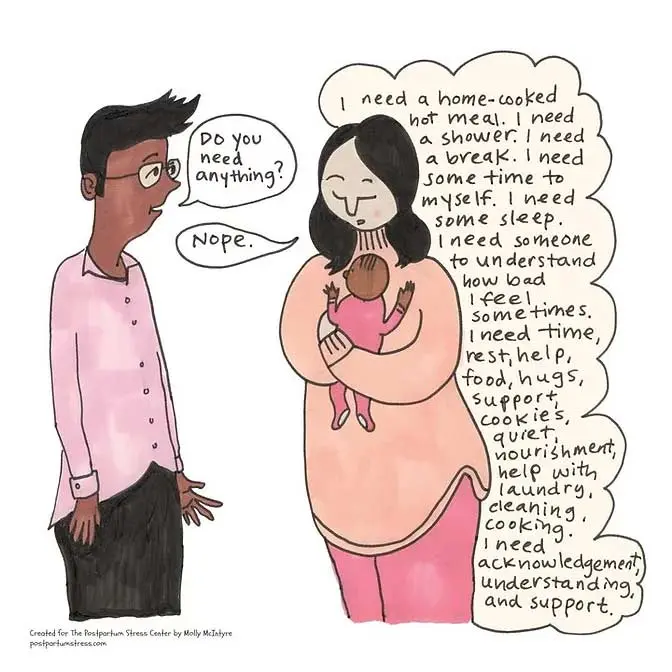Parenting Education/Support
 It takes a village, but we all do not have that village. Unfortunately, while parenthood can be very rewarding, there will be many times when it is challenging. With or without the proper support system, it can easily become overwhelming. Let me help you feel confident, equipped, and much less apprehensive about knowing how to help your child and to be the parent that you hope to be.
It takes a village, but we all do not have that village. Unfortunately, while parenthood can be very rewarding, there will be many times when it is challenging. With or without the proper support system, it can easily become overwhelming. Let me help you feel confident, equipped, and much less apprehensive about knowing how to help your child and to be the parent that you hope to be.
Whether you are a new parent who is terrified of bringing your little one home, learning how to juggle, home, work, your relationships, and be an attentive parent or adding a third little one to the mix and you are nervous about that prospect, I am here to help. Maybe you have teens at home that are becoming more independent, preparing to go off to college, all of these life transitions can be scary, and difficult for Mamas. Maybe you and your spouse are separating, will be co-parenting, and you want to make this change as seamless as possible for your child. I am here to support you. In therapy a parent can address feelings about any specific issue, and you will find support and guidance, and we will move towards taking practical steps toward more effective and satisfying parenting.
Practical things partners can do:
- Help around the house.
- Set limits with friends and family.
- Go with her to doctor’s appointments and come prepared with questions.
- Educate yourself about PMADs and schedule a couple’s session.
- Let her get five-hours of uninterrupted sleep by doing some late-night feedings.
- Just sit with her. No TV, no phones, no distractions to give her the space to just be.
Parents as Partners
